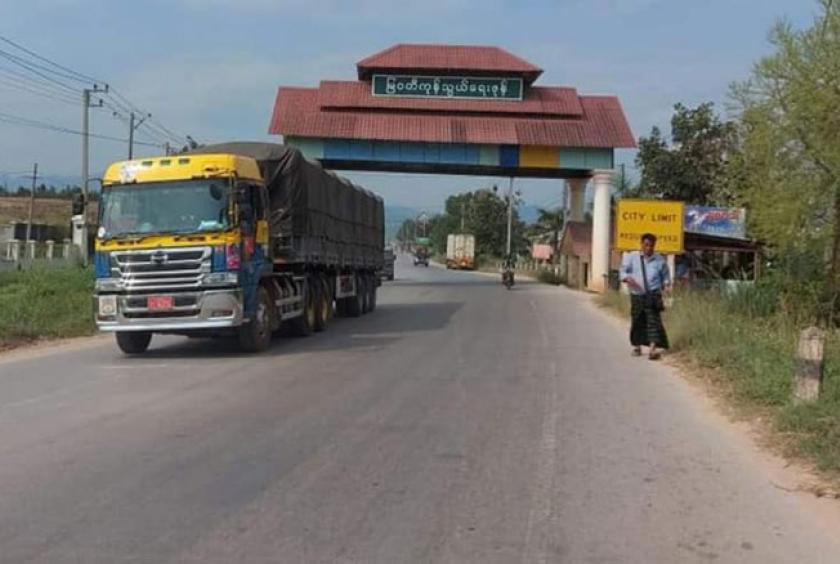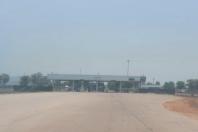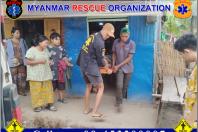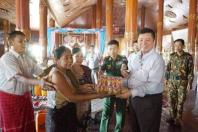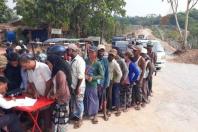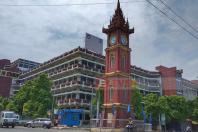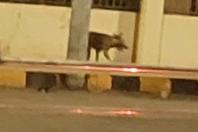According to a customs officer at the No.2 Friendship Bridge in Myawady, four types of food products, including several drinks, have been banned from being imported starting May 1.
He believes that from that point on, the trade volume and flow dropped by as much as 50 percent.
"The trade flow stopped by around half since four types were stopped from being imported. But the items like cement and other construction items as well as other general consumer products continue to come as normal. I think it might even be more than 50 percent that food and beverage trade will drop by," said the officer.
The banned products, including coffee poweder, instant coffee mixes, condensed milk and so on, will only be allowed import from the sea.
The restriction over these products via land routes means that it might also give rise to a black market. There have been historical precendence as around a decade ago, the Daw Na Mountain highway route that allow quick access to Yangon did not exist, which means that traders needed to take two days - one for ascending the mountain and one for descending - to travel. That mountain path is famously used by black market traders to bring in many Thai-made products.
Permanent Secretary U Min Min from the commerce and trade ministry claims that the temporary land-trade ban was for health reasons as well as to protect local SMEs from overbearing competitors.
Quoting from his interview with a state-owned newspaper, U Min Min had said that ,"We are carrying out checks on legal food products that come through legal channels to a certain extent but there are severe limitations to how much check we can do for illegal goods such as food and drinks that come through multiple illegal border routes. And legal trade is also intermingled with illegal trade and it is very difficult for custom gates to check on all of the goods. Therefore, we are only allowing those things to be imported through the sea. This way, we will be able to support local businesses as well as create job opportunities in the local manufacturing sector."
According to Myawady traders association's chair Daw Thin Thin Myat, many that had already that had paid for the orders on those products will incur great losses.
"We traders had placed orders up until like Thadingyunt month (~mid october). So there are contracts and promises that had to be made with the people from the other country. Those don't hurt the Thai business owners, they do not lose anything. But we, our own countrymen, do. The sea trade route that they allegedly allow. Containers can't go there. Why there are transit to export being done at the border is because containers cannot get through that sea route. So now, a lot of border traders are in trouble with all the money already paid, contracts already signed and promises already made. And breaking them all hurts only us. A trader, on average, will have to pay like three months worth in advance if he or she is looking to buy goods to fill up five or six containers. We only stand to lose from this because we are already in trouble with currency exchange," said Daw Thin Thin Myat.
As of writing this article, it is now 2 weeks since the restriction came into effect with authorities putting the final deadline at May 7 for warehouses keeping the goods to clear out the now-banned products.
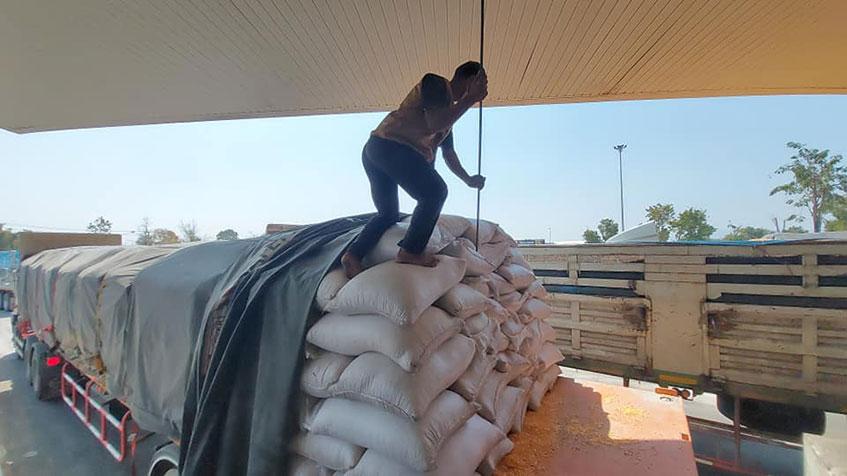
"The ban has been there for a week now. We went all the way to Yangon to discuss resumation of trade but it didn't work. They give the deadline on May 7 to sell whatever amount that are already on our side. On April 30, they started to check for those goods so nothing comes through from the bridge anymore. Whatever amount (of those products) still in market is whatever we already had our side," said U Win Kyaw, a trader at the Myawady border.
He says that, after policy changes regarding trade at a time of political transition, he will have to try via sea trade.
"The sea route is getting more costly also. It used to be cheap but after COVID, there are several more problems regarding import/export and other restrictions which means that it takes longer than normal. It takes a long time to fill up a cargo ship because trade just stopped during COVID. So comparing land trade and sea trade, it is going to cost us more for the latter. It will take longer. The money will be locked inside those goods.
We lose a lot of face both here and there because we work together with both domestic and international companies. We have to build or rent huge warehouses. Since we depend on those products, those warehouses are empty. Businesses suddenly have nothing to do," said U Win Kyaw.
Many business owners believe that since many Thai-made products are banned from border trade, there will definitely be an increase in price as well as a black market looking to take advantage of it very soon.
There are around over 400 cargo trucks daily that send goods from Myanmar into Thailand. They usually contain corn, red onion, nuts, rice nad broken rice and so on.
According to the commerce and trade ministry, the Myawady border trade station sees the most volume of trade with neighbouring Thailand out of all border stations with Thailand. It managed to trade a volume worth USD 729.461 million from October 2020 to April 2, 2021.

